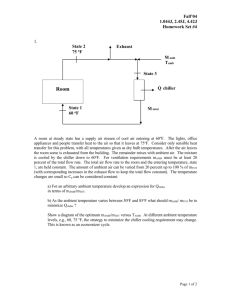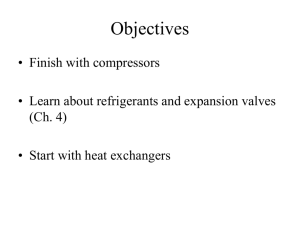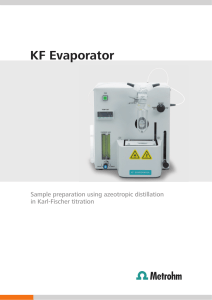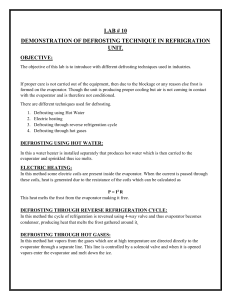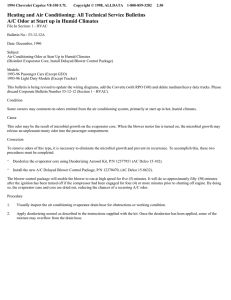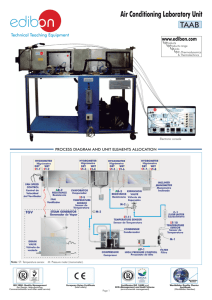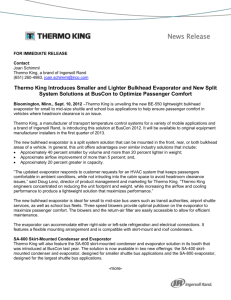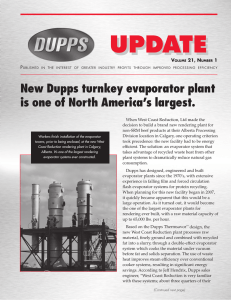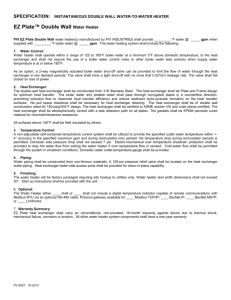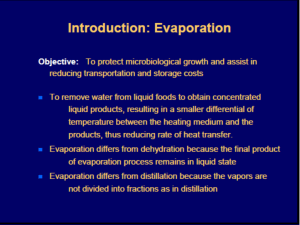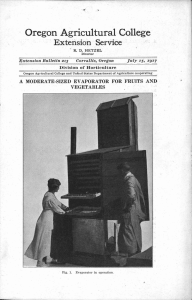Thermal management optimization of a thermoelectric
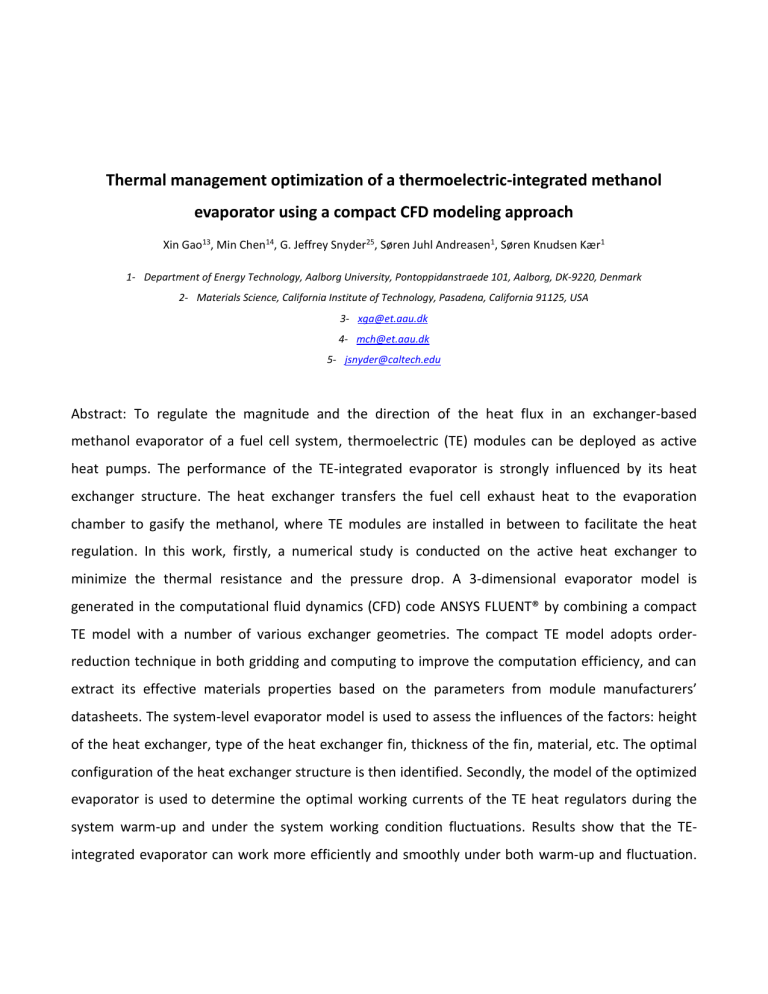
Thermal management optimization of a thermoelectric-integrated methanol evaporator using a compact CFD modeling approach
Xin Gao 13 , Min Chen 14 , G. Jeffrey Snyder 25 , Søren Juhl Andreasen 1 , Søren Knudsen Kær 1
1Department of Energy Technology, Aalborg University, Pontoppidanstraede 101, Aalborg, DK-9220, Denmark
2Materials Science, California Institute of Technology, Pasadena, California 91125, USA
3xga@et.aau.dk
4mch@et.aau.dk
5jsnyder@caltech.edu
Abstract: To regulate the magnitude and the direction of the heat flux in an exchanger-based methanol evaporator of a fuel cell system, thermoelectric (TE) modules can be deployed as active heat pumps. The performance of the TE-integrated evaporator is strongly influenced by its heat exchanger structure. The heat exchanger transfers the fuel cell exhaust heat to the evaporation chamber to gasify the methanol, where TE modules are installed in between to facilitate the heat regulation. In this work, firstly, a numerical study is conducted on the active heat exchanger to minimize the thermal resistance and the pressure drop. A 3-dimensional evaporator model is generated in the computational fluid dynamics (CFD) code ANSYS FLUENT® by combining a compact
TE model with a number of various exchanger geometries. The compact TE model adopts orderreduction technique in both gridding and computing to improve the computation efficiency, and can extract its effective materials properties based on the parameters from module manufacturers’ datasheets. The system-level evaporator model is used to assess the influences of the factors: height of the heat exchanger, type of the heat exchanger fin, thickness of the fin, material, etc. The optimal configuration of the heat exchanger structure is then identified. Secondly, the model of the optimized evaporator is used to determine the optimal working currents of the TE heat regulators during the system warm-up and under the system working condition fluctuations. Results show that the TEintegrated evaporator can work more efficiently and smoothly under both warm-up and fluctuation.
The analysis in this paper shows that the TE-integrated methanol evaporator is of promising performance.
